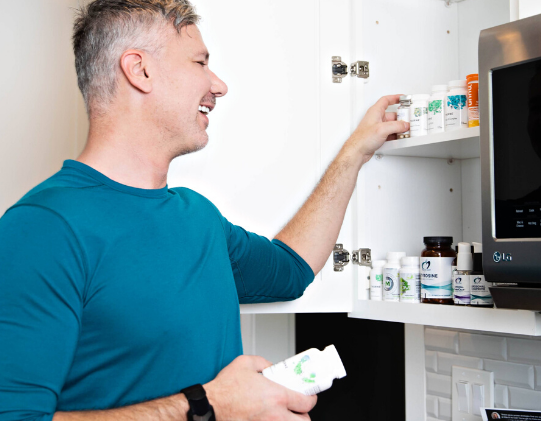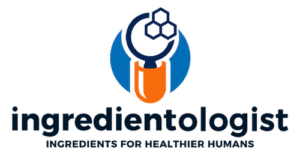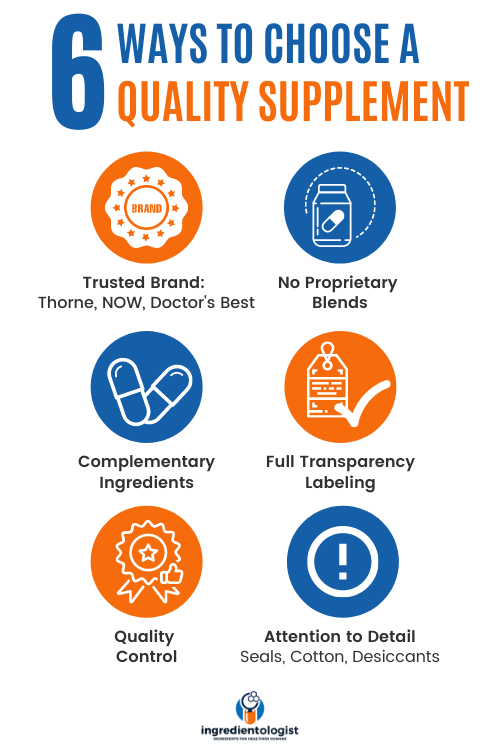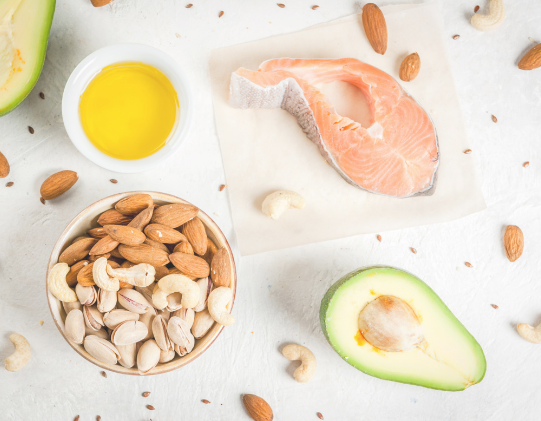
Vitamin Cheat Sheet
October 23, 2023
Nootropics: The Future of Brain Enhancement
November 8, 2023

Let’s face it. When it comes to choosing a quality supplement, it can be extremely difficult and outright confusing. Having formulated over 500 products, and patented over thirty novel ingredients myself, I know that walking down the supplement aisle can leave you feeling frustrated, anxious and totally overwhelmed!
You want to put your hard-earned money to work, confidently knowing that you are buying a product made with quality ingredients, and one that is going to give you the results that you deserve. But if you don’t know where to start (or who’s advice to actually believe), here are my top tips:
Tips for Choosing a Quality Supplement
Trusted Brands
I truly believe that the best place to start when it comes to choosing quality supplements, is to stick to the brands that have stood the test of time, with both consumers and third-party testing. These companies have built their names by producing quality supplements over the years, based on consistency and solid values. Brands such as NOW, Jarrow, Doctor’s Best, Nordic Naturals, Thorne, Life Extension, Pure Encapsulations and Designs for Health are some of the brands that I know I can trust, and by sticking to these quality brands, it will ensure that you get only the best ingredients.
Beware of Proprietary Blends
Companies that make products with “proprietary blends” often say the reason they don’t list the ingredients on their labels is because they are protecting their ideas. The truth is that it’s a way for them to avoid expensive testing costs as well as quality raw ingredient costs. At the end of the day, it is far more expensive to be fully transparent. When you buy these proprietary blends, there is no way for you to know the exact amounts of the ingredients being used.
A product might have 20 different ingredients listed within a 500mg capsule, but without knowing the exact amounts, one single ingredient can make up 481mg of the product, with the other 19 ingredients contributing only 1mg each respectively (a practice known as “fairy dusting”). This is an ideal way for these companies to list numerous ingredients but have very few of them at any relevant level. If you are one of those people who believes supplements don’t work, this is probably the biggest reason why. As a rule of thumb, make sure to not buy any products with proprietary blends.
Kitchen Sink Formulas
As with proprietary blends, be extremely skeptical of “kitchen sink formulas” which generally contain far too many ingredients. A good rule of thumb is to look for formulas that typically have between 3-6 ingredients. They should have complementary mechanisms of action at the right dose and in the right forms. Less is more when it comes to choosing quality supplements. It should make sense as to why each ingredient is within the formula. Pick the best ingredient with the best data, and then pick another ingredient that synergizes well with it, etc.
Full Transparency Labeling
When reading a supplement label, you should be able to see the genus and species, the part of the plant used, the standardization percentage and compound standardized for, as well as its level in the product. An example would be, Rhodiola Rosea (root) standardized for 3 percent rosavins and 1 percent salidroside, at a 500mg dose. With this specific information, you are able to do a literature search to confirm if that is an efficacious dose that has been backed up by research. Examine.com is a fantastic resource where they have exhaustive scientific summaries on ingredients.
The Part(s) of the Plant
Various plants, such as ginseng and rhodiola, are studied for their efficacy from the actual root. Because of this, the root is generally more expensive than the rest of the plant and these parts could be sold at a lower price. Disreputable companies use these cheaper parts to falsify that the correct herb is present in a product. This significantly affects the efficacy.
Exaggerated Claims
When you see unbelievable claims like “This product will increase your testosterone by 550%,” it’s a HUGE red flag. Generally speaking, claims must science-backed. The product needs to have gone through a placebo-controlled, double-blind trial with healthy individuals. The claims must be based on statistically significant publicly available findings from the study. Claims around a single ingredient can be valid. Moreover, it needs to be explicitly clear they are NOT referring to the entire formula. For example, an active ingredient in formula Y has been shown to increase performance by 23% when taken for 12 weeks. Remember, if it sounds too good to be true, it likely is.
Supplement Expiration Date

The shelf life or “best by” date of a quality supplement should be 12 -24 months after manufacturing. Note the date to make sure the it’s not expired (or won’t expire by the time you use it). By law, companies need to do stability testing and put in overages for the product to meet the stated shelf life.
Quality Control
By law, you have a right to call a company and get the testing results for a specific product’s manufacturing lot. If this information cannot be obtained, chances are they either keep poor records, they are hiding something or they do not have quality control testing in place. Any of these situations are issues with the FDA. Do not use products from companies that cannot provide you with the answers you are looking for.
The Little Things Matter
Attention to detail is crucial. Generally, the companies who do the small things well get the bigger things right. Decent quality packaging that keeps the light out, a tight seal to keep air out, a desiccant packet or barrel to keep air down even after opening and cotton to keep the capsules from moving around, are all things that make the difference. These things show that a company cares about its end consumer and is committed quality supplements.
Conclusion
It is important to remember that there is no magic bullet ingredient(s) when it comes to optimizing your health. Yes, supplements do play an important role and they can help us to improve. However, real health and energy are far more foundational than having the perfect supplemental protocol. Supplements are part of a holistic health approach alongside a quality diet, focused exercise regime, a reliable tribe and building a strong spirit. Having more energy is ultimately about becoming a better person in the process.
Found this article interesting?
For more tips and the latest and greatest in health optimization, follow me on Instagram.




